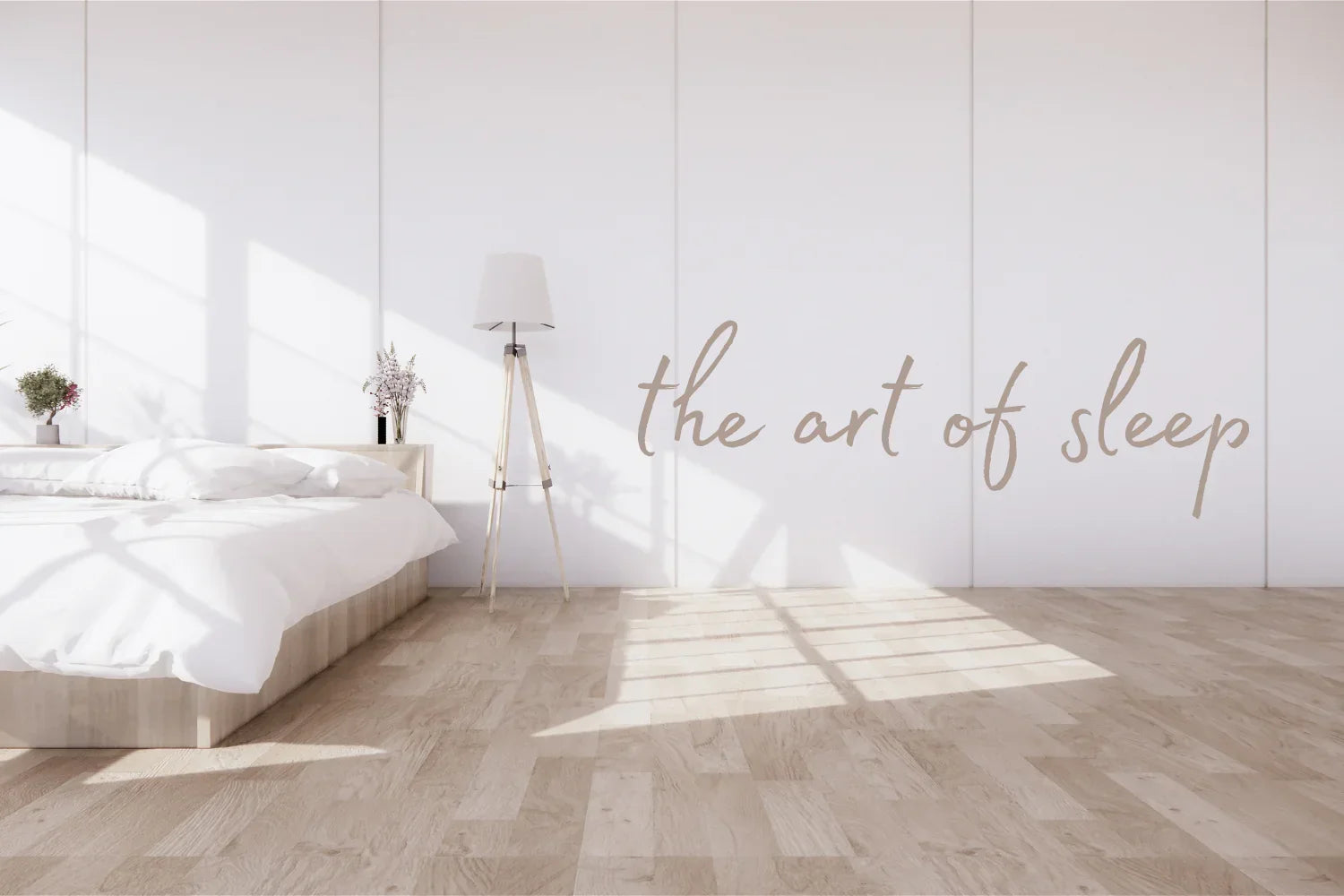Why sleeping in on the Weekend doesn’t make up for lost sleep

Get your daily dose of Zzzzzs to stay fit
Research has shown that weekend “recovery” sleep not only doesn’t help you bounce back from missing your sleep during the week; but may actually intensify health issues associated with ongoing sleep deprivation. Most common among these are high blood pressure, heart disease, kidney disease, anxiety and depression.
A 2019 study published in Current Biology concludes that the benefits of make-up sleep are short lived and cites the following potentially negative consequences associated with weekend recovery sleep – especially when it’s followed by recurrent insufficient sleep:
- Lower hepatic (liver) and muscle insulin sensitivity
- Delayed circadian timing
- Increased food cravings leading to weight gain
- Diabetes
Sorry, no Do-Overs
While getting extra sleep at the weekend is a commonly used strategy for recovering from sleep lost during the week, it simply doesn’t work. You cannot store up sleep credits. Nor can you repair the damage done by chronic loss of sleep.
So, if you’re continually short-changing your sleep by not getting the 7-9 hours of sleep recommended by the National Sleep Foundation, you may be accruing sleep debt and that, over time, can start to look something like this…

Take charge of your sleep
Make sleep a priority by setting a nightly goal to get the sleep you need and then stick to it. A sleep log will help you chart your progress (you can find one here.)
Sleep hours should never be traded for social activities. Budget your hours and hold yourself accountable—this includes weekends.
Establish a routine with the same bedtime and wake-up time each day. A regular sleeping pattern will help your body get into a rhythm and improve your quality of sleep.
Include a set of nightly practices (read a book, do some stretches, have a glass of warm milk—no caffeine or alcohol right before bed.) This will help your body recognize the signals to prepare for sleep and will help you fall asleep more easily.
Make your bedroom and bed inviting.A comfortable mattress, with quality sheets and pillows are essential investments in your sleep health.
Keep your sleeping space dark, cool, and quiet. The bright light of smartphones, laptops, etc., stimulates your brain; inhibiting sleep so electronic devices should never be next to the bed and shouldn’t be used 1-2 hours before bed for optimal sleep.
Keep the thermostat at a lower temp and consider a white noise machine, noise masking earbuds or even a fan to create a comforting level of noise that may help you sleep.
Seek help for issues beyond your control
Symptoms like chronic insomnia, excessive sleepiness during the day, snoring, sleep apnea, a mismatched internal body clock, or other medical issues preventing you from sleeping well, should be discussed with your primary care doctor or a qualified sleep professional to identify underlying causes.
Your National Sleep Foundation Sleep Diary can be useful for such an appointment. Use it to track your sleep habits over a one-to- two-week period and then share the results with your doctor.

































